Diesel Trucks of 2025: Performance, Innovation, and Sustainability Trends
Introduction
As we enter the year 2025, the automotive industry continues to evolve at a rapid pace, particularly in the realm of diesel trucks. While the focus has often been on electric vehicles, diesel technology remains crucial for heavy-duty transportation. This article delves into the performance, innovation, and sustainability trends shaping diesel trucks in 2025. With advancements in engine technology, emissions reduction, and fuel efficiency, diesel trucks are poised to offer a balance between power and environmental responsibility.
Performance Enhancements
Today's diesel trucks are designed to provide exceptional performance, catering to both commercial and recreational users. The advancements in turbocharging and direct fuel injection have significantly improved torque delivery, making diesel engines more responsive and efficient. In 2025, we see further enhancements in performance metrics, driven by innovations such as variable geometry turbochargers and advanced combustion techniques.
Manufacturers are increasingly focusing on optimizing the power-to-weight ratio. This is achieved through lightweight materials like aluminum and composite plastics, which reduce the overall weight of the truck without compromising strength. As a result, modern diesel trucks can achieve higher towing capacities and improved acceleration, making them suitable for a variety of applications, from construction to long-haul transportation.
Advanced Engine Technologies
The heart of diesel trucks lies in their engines, and the 2025 models showcase cutting-edge technologies that redefine efficiency and performance. One of the most significant innovations is the adoption of dual-stage turbocharging. This technology allows for better performance across a wider range of engine speeds, ensuring that drivers have the power they need when they need it.
Moreover, manufacturers are integrating artificial intelligence (AI) into engine management systems. AI can analyze driving conditions in real-time, adjusting parameters like fuel injection timing and turbo boost to maximize performance and minimize fuel consumption. This level of adaptability is unprecedented in the diesel truck market and represents a leap toward more intelligent vehicles.
Fuel Efficiency and Economy
Fuel efficiency remains a critical concern for diesel truck owners, especially with fluctuating fuel prices and economic pressures. In 2025, the latest diesel trucks are engineered to achieve remarkable fuel economy through innovative technologies. Advanced aerodynamics, like active grille shutters and streamlined designs, reduce drag, enhancing overall efficiency.
Furthermore, manufacturers are investing in advanced fuel management systems that optimize fuel usage based on real-time driving conditions. This means that drivers can expect better mileage, particularly in varied terrain or during heavy loads. Overall, these advancements contribute to lower operational costs for fleet operators and individual owners alike.
Emissions Control Technologies
As environmental regulations become more stringent, diesel trucks in 2025 are equipped with state-of-the-art emissions control technologies. The introduction of selective catalytic reduction (SCR) systems and diesel particulate filters (DPF) has already made a significant impact on reducing harmful emissions. However, new advancements are pushing the boundaries even further.
In 2025, many diesel trucks incorporate advanced exhaust gas recirculation (EGR) systems, which reintroduce a portion of exhaust gases back into the combustion chamber. This process lowers combustion temperatures, resulting in reduced nitrogen oxide (NOx) emissions without sacrificing engine performance. Additionally, manufacturers are exploring the use of hydrogen as a fuel additive, which could further reduce emissions and enhance combustion efficiency.
Sustainability Initiatives
While diesel trucks are inherently more efficient than their gasoline counterparts, sustainability initiatives are becoming increasingly important. In 2025, manufacturers are focusing on creating a circular economy within the diesel truck industry, which includes sustainable sourcing of materials, recycling, and end-of-life vehicle management.
One notable trend is the use of biofuels derived from renewable resources. These biofuels can significantly reduce the carbon footprint of diesel trucks. In 2025, many diesel engines are designed to run on a blend of traditional diesel and biodiesel, allowing for a smoother transition to greener alternatives without requiring extensive modifications to existing engines.
Connected Technology and Smart Features
The integration of connected technology in diesel trucks is revolutionizing the way drivers interact with their vehicles. In 2025, many trucks are equipped with advanced telematics systems that provide real-time data on performance, fuel consumption, and maintenance needs. This connectivity not only enhances driver experience but also allows fleet managers to optimize routes and vehicle usage.
Additionally, smart features such as adaptive cruise control, lane-keeping assist, and automated braking systems are becoming standard in diesel trucks. These technologies improve safety on the road and help reduce accidents, ultimately leading to lower insurance costs and improved driver satisfaction.
Market Trends and Consumer Preferences
The market for diesel trucks in 2025 is influenced by shifting consumer preferences and economic factors. While some consumers lean toward electric vehicles, diesel trucks remain the preferred choice for heavy-duty applications due to their superior towing capacity and range. Truck buyers are increasingly looking for models that offer a balance of power, efficiency, and sustainability.
Moreover, the demand for customizable options is rising. Manufacturers are responding by offering a range of configurations, from engine sizes to cab styles, allowing buyers to tailor their trucks to specific needs. This trend is evident in the growing popularity of mid-size diesel trucks, which cater to smaller businesses and individual consumers looking for versatility and capability.
The Role of Regulations in Shaping the Industry
Regulatory frameworks play a significant role in shaping the diesel truck industry in 2025. Governments worldwide are implementing stricter emissions standards, pushing manufacturers to innovate and enhance their diesel technologies. These regulations are not only aimed at reducing air pollution but also at encouraging the adoption of cleaner technologies.
In response, many manufacturers are committing to sustainability goals, such as achieving carbon neutrality in their production processes. By investing in renewable energy sources and sustainable practices, they aim to align with regulatory expectations while meeting consumer demand for greener products.
Future Outlook
Looking ahead, the future of diesel trucks appears promising as technology continues to advance. The industry is on the brink of a transformation where diesel engines can coexist with alternative fuel sources, ensuring that they remain relevant in an evolving market. Innovations in hybrid systems, where diesel engines are paired with electric motors, are also gaining traction, showcasing the potential for even greater efficiency.
Moreover, as research into hydrogen fuel cells progresses, the possibility of hydrogen-powered diesel trucks may become a reality. This would provide an innovative solution to the challenges of emissions while retaining the benefits of traditional diesel engines.
Conclusion
In 2025, diesel trucks are characterized by a remarkable blend of performance, innovation, and sustainability. With advanced engine technologies, fuel efficiency improvements, and stringent emissions control measures, modern diesel trucks are poised to meet the demands of an evolving market while addressing environmental concerns. As the industry continues to innovate, diesel trucks will remain a vital component of the transportation landscape, providing power and reliability for various applications in a more sustainable manner.
Explore
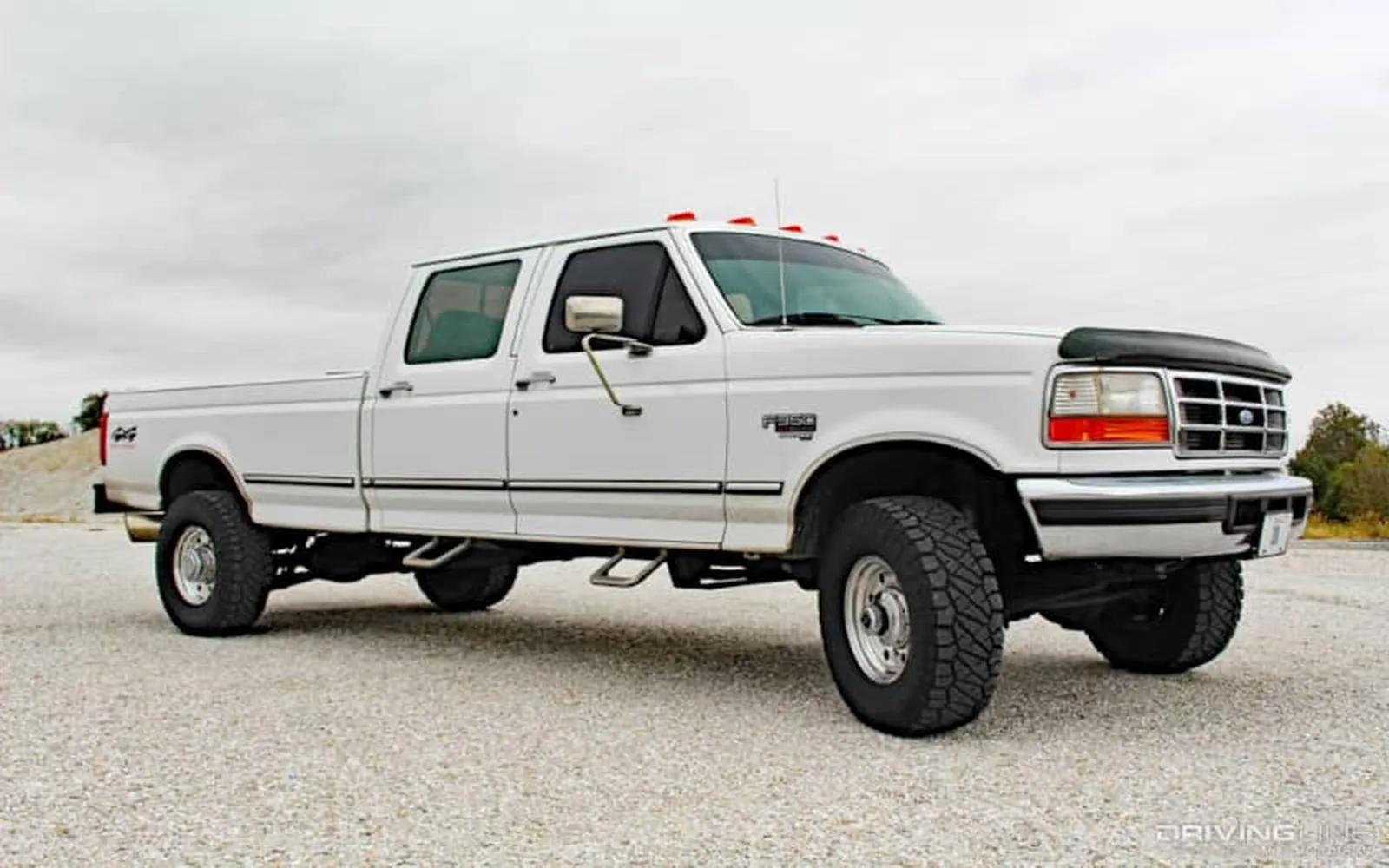
2025 Guide to Buying Used Diesel Trucks for Sale: Best Deals & Tips
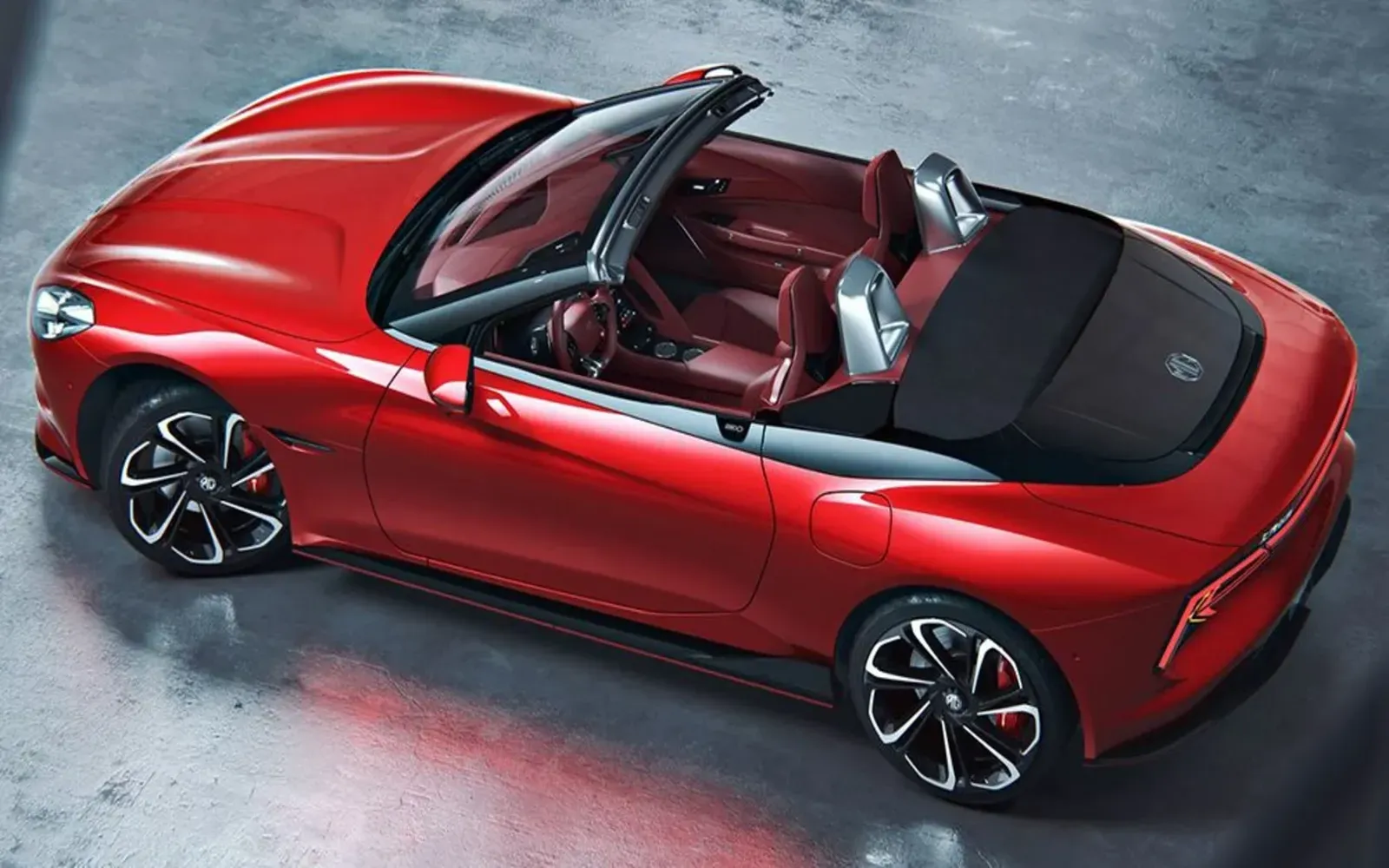
Convertible Cars of 2025: The Ultimate Guide to Style, Performance, and Innovation
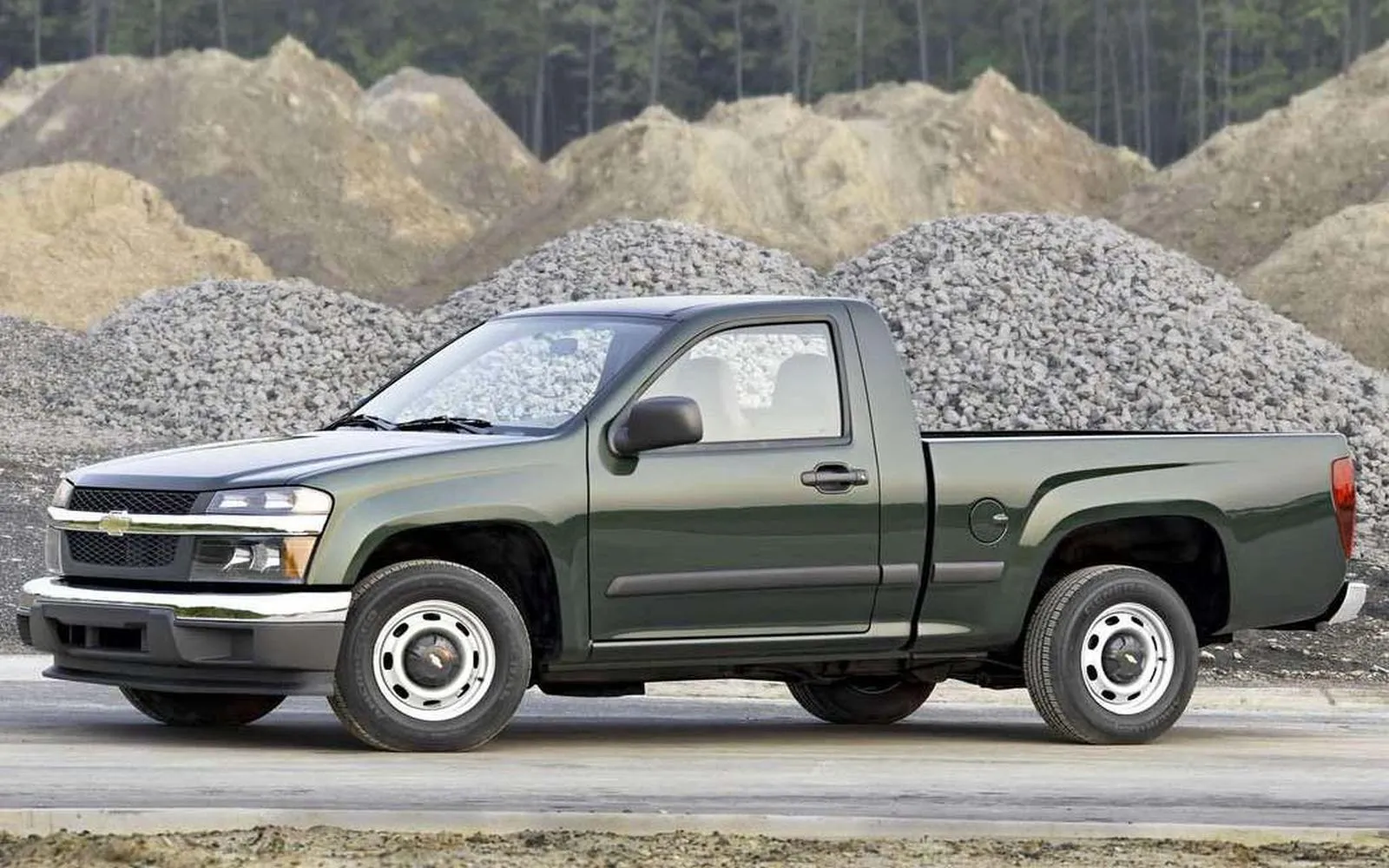
10 Used Pickup Trucks to Buy in 2025: Your Ultimate Guide to Reliability and Value
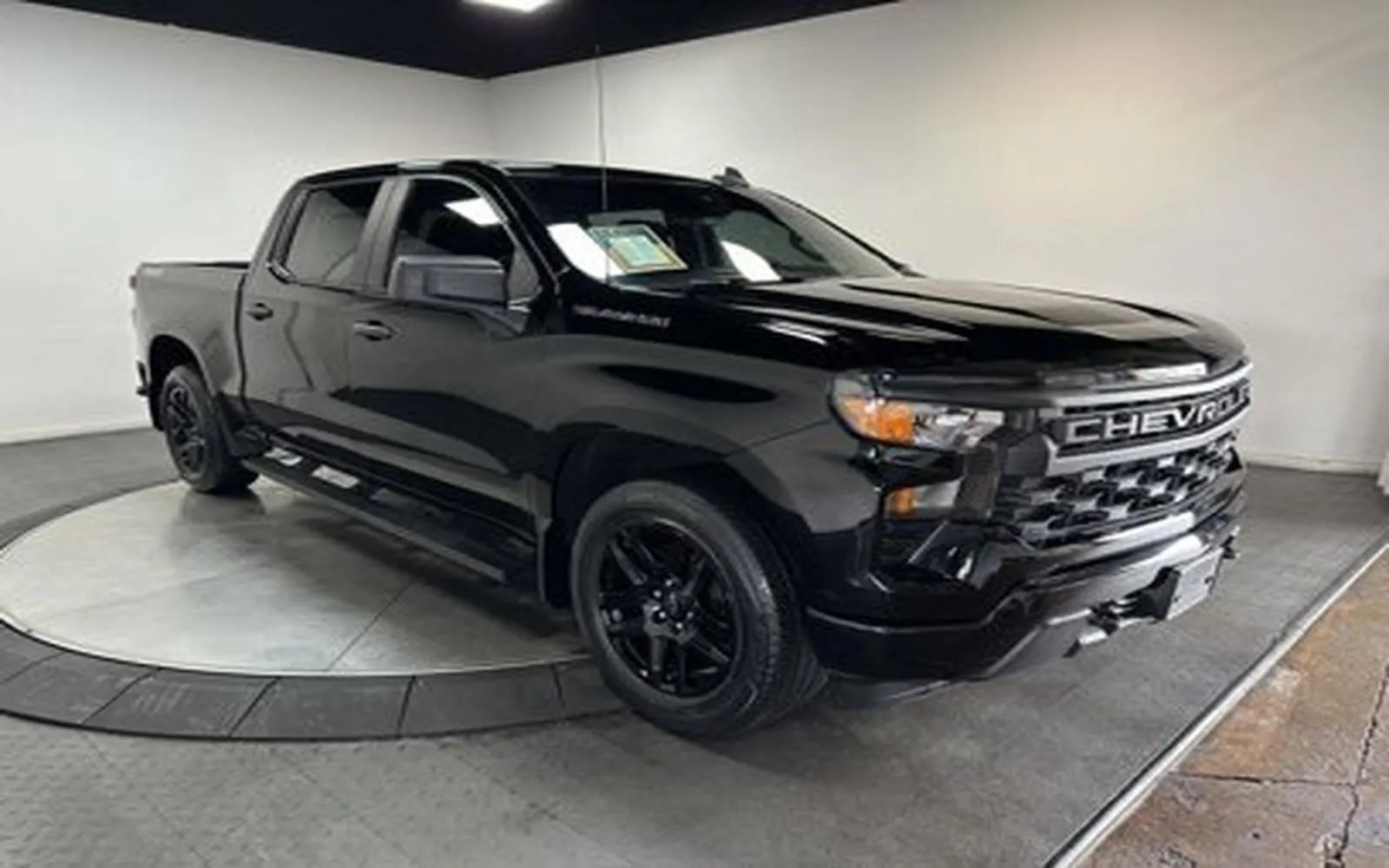
Used Trucks to Consider in 2025: Your Ultimate Buying Guide
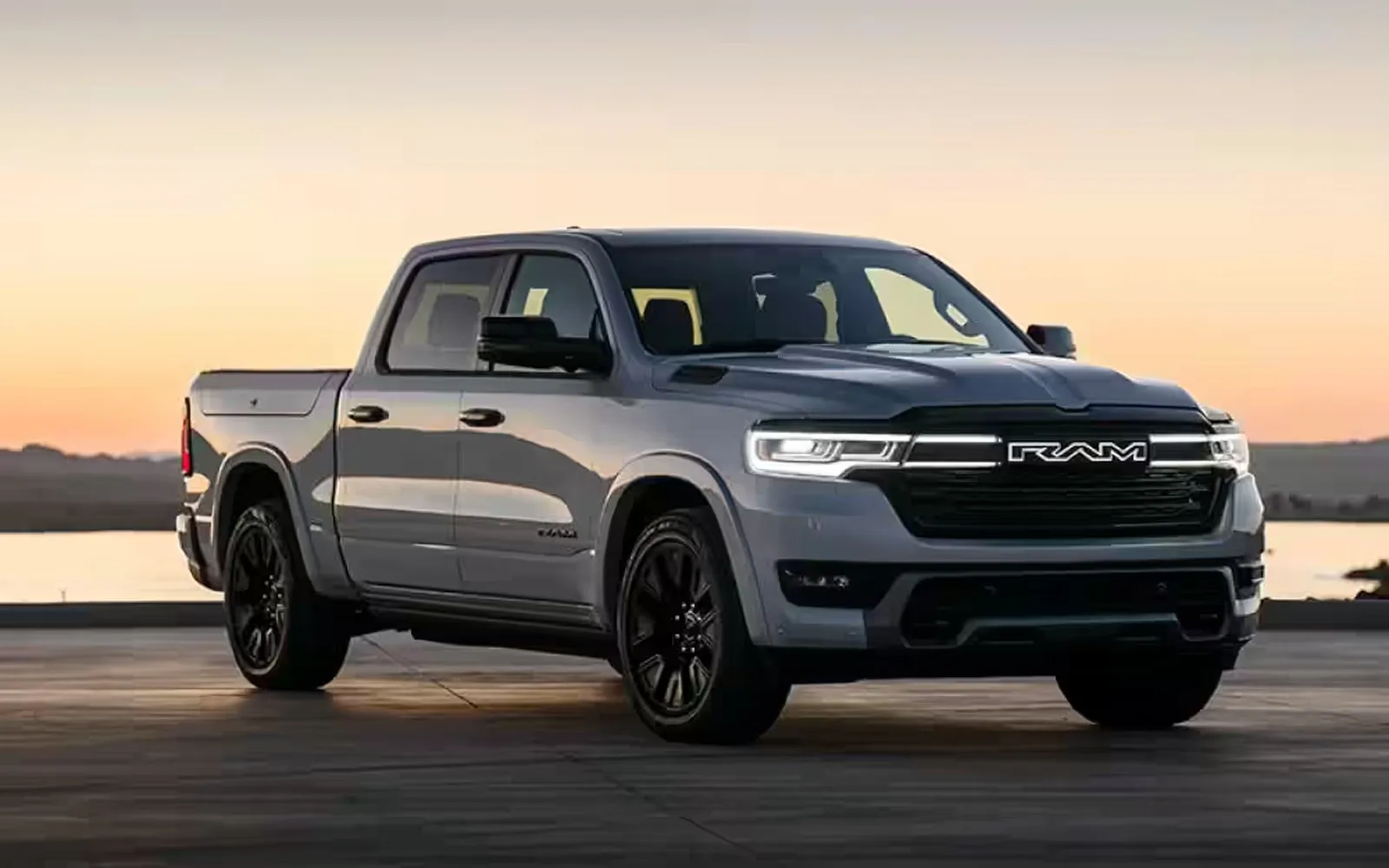
2025 Electric Pickup Trucks: Revolutionizing the Future of Eco-Friendly Hauling
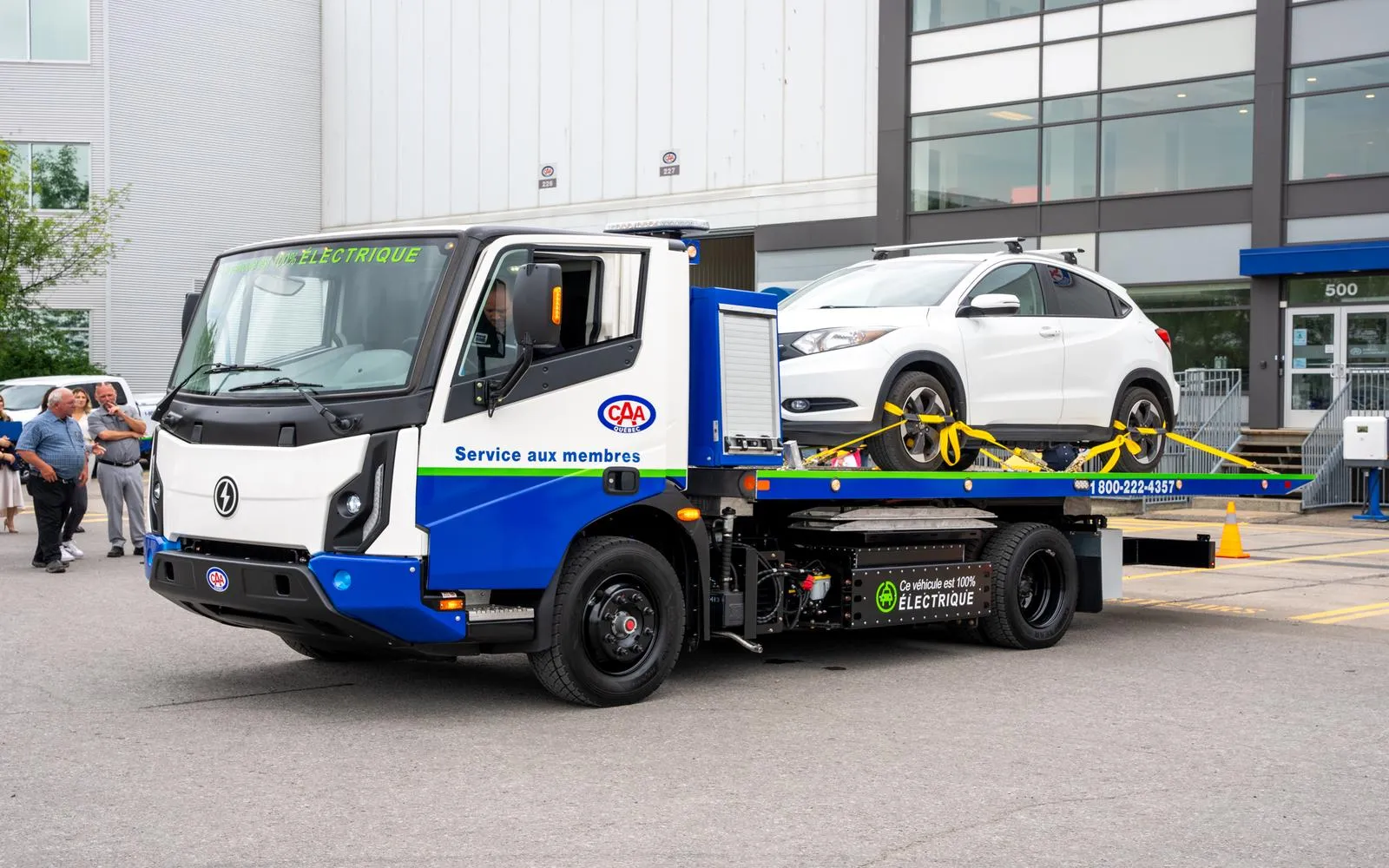
2025 Electric Trucks for Towing: The Future of Heavy-Duty Hauling
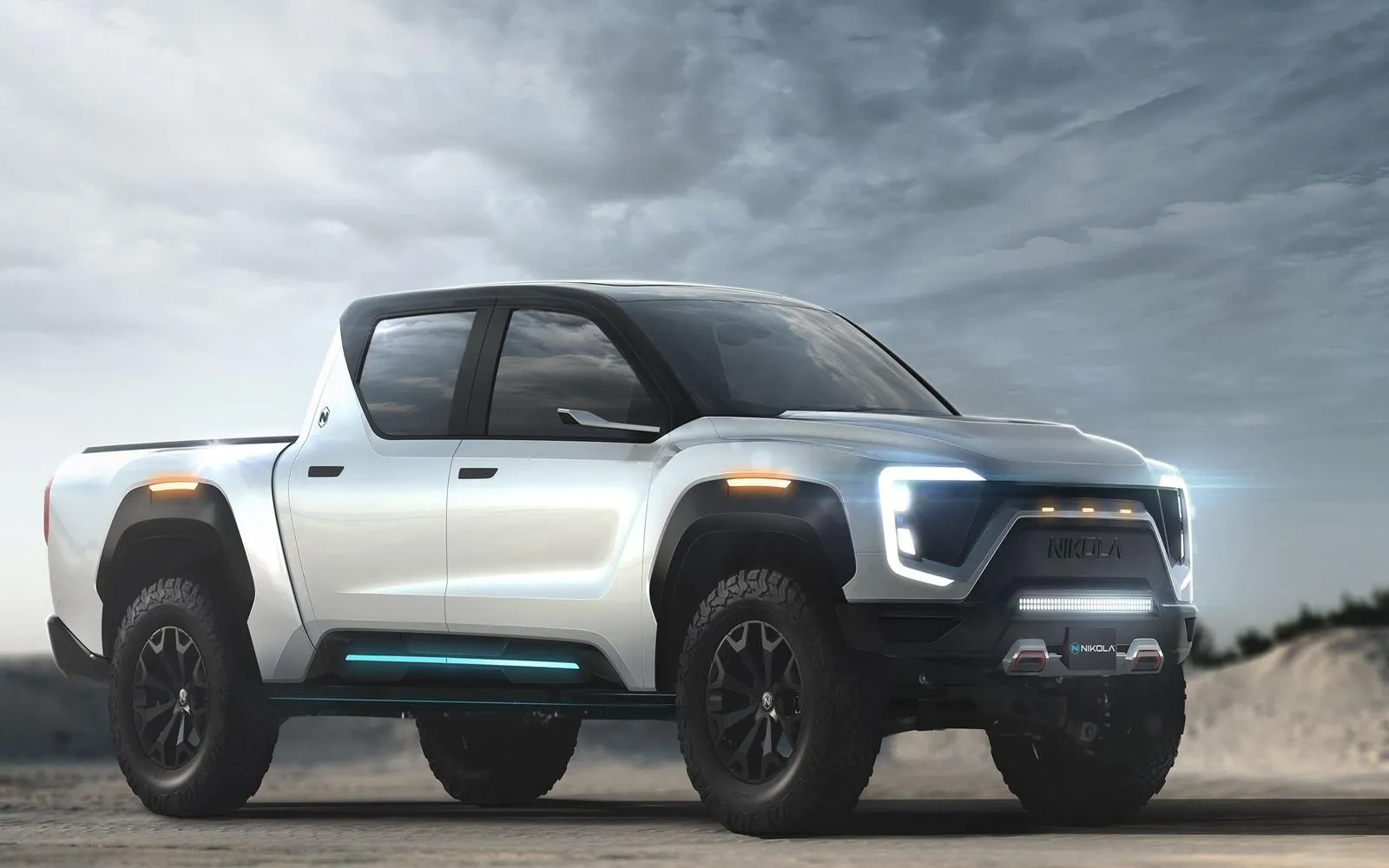
Revolutionizing the Road: The Electric Trucks to Watch for in 2025
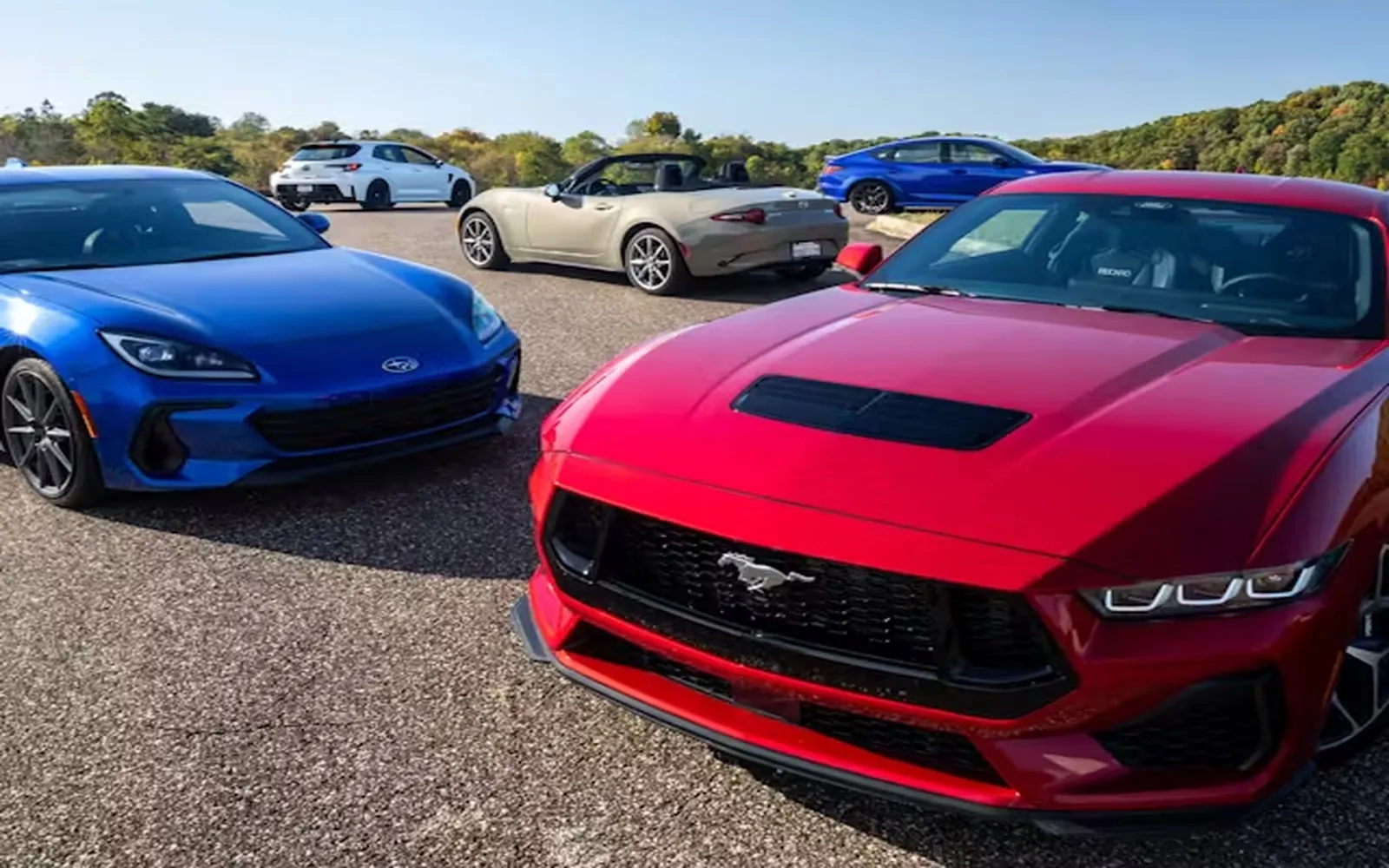
Sports Cars of 2025: The Ultimate Guide to Speed, Style, and Innovation
